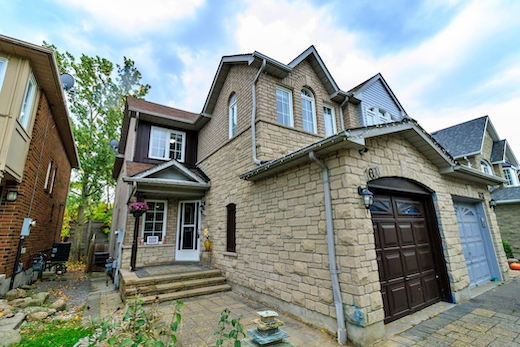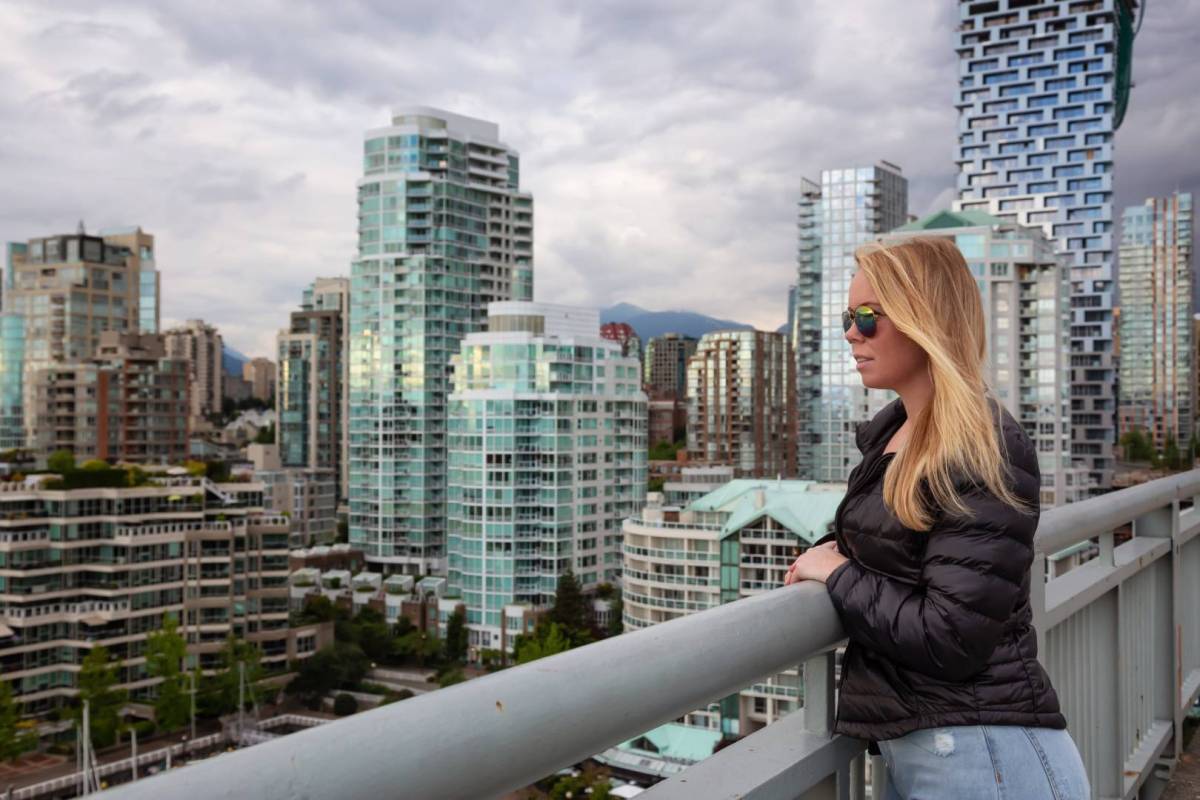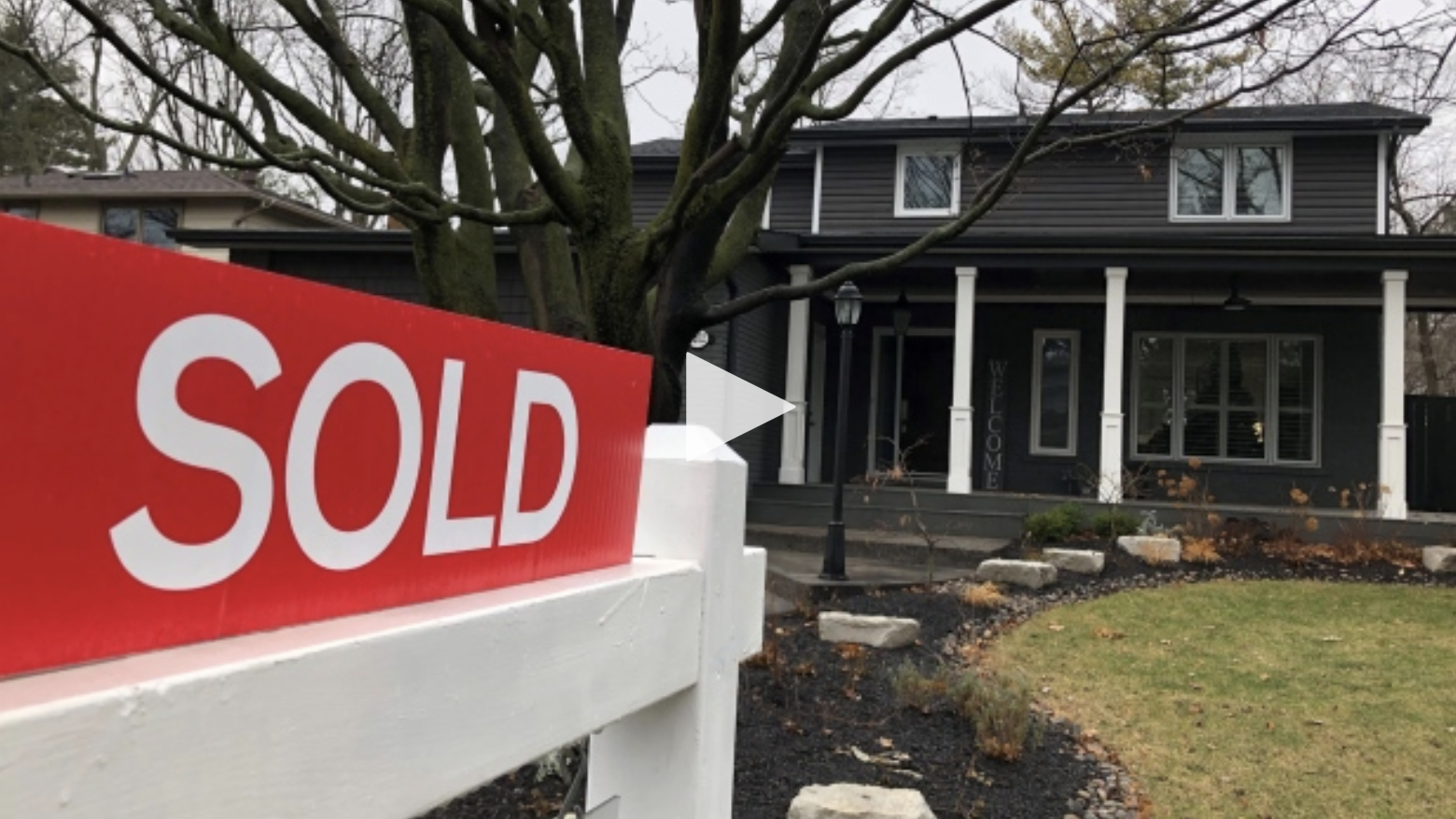
Rupinder

Will the new First-Time Home Buyer Incentive drive up home prices?
The Liberal government wants to ramp up aid for first-time real estate buyers in some of the country’s priciest markets.
Making good on a 2019 election promise, the latest federal fiscal update mentions revamping the First-Time Home Buyer Incentive (FTHBI) for those seeking to purchase a house in Vancouver, Victoria and Toronto.
With the program, the government provides qualifying applicants with a zero-per cent interest loan to boost their down payment by either five or 10 per cent in exchange for an equivalent-size equity share in the home.
The interest-free down payment top up allows buyers to take out a smaller mortgage with lower monthly payments, interest expenses and default insurance premium (the incentive is only available to buyers with down payments of less than 20 per cent, who must take out mortgage default insurance). But after 25 years or when the home sold — whichever comes first — homeowners must pay a slice of their property value back to the government.
Now, prospective buyers in the three costly housing markets would now be allowed to buy a home worth up to 4.5 times their household income, up from four times household income for the regular incentive. Also, the income ceiling for eligible buyers would be $150,000 a year per household, instead of $120,000 a year.
The changes, which Ottawa says will come into effect next spring, would raise the maximum purchase prices for qualifying buyers to around $722,000 in the three cities, up from around $505,000 in the rest of the country.
So far, uptake for the current version of the FTHBI has been modest. The program, which was intended to help up to 100,000 first-time buyers, yielded just 9,520 application approvals in its first year, according to data from the Canada Mortgage and Housing Corporation. As of the end of September, Ottawa had spent only $173 million of $1.25 billion in funding over three years.
Some mortgage brokers believe, though, that the more generous version of the incentive for higher-priced markets will prove more popular.
The new incentive by the numbers
The new equity-sharing scheme is more attractive for first-time buyers because it not only lowers their monthly costs but also boosts their purchasing power, McLister says.
One of the main criticisms of the original plan is that it forces buyers to settle for cheaper properties than they would be able to purchase without the incentive, all else equal.
The incentive for home buyers in Vancouver, Victoria and Toronto, though, would do the opposite, McLister’s calculations show.
For example, buyers purchasing an existing home with $120,000 of household income, 6 per cent down and $700 of other monthly debt would qualify for a maximum price of roughly $510,638 with the current incentive, $558,344 without the incentive and $574,468 with the redesigned incentive.
Expected impact on prices
In theory, a government program aimed at helping people buy homes would drive up property prices, says John Pasalis, president and founder of Realosophy Realty, a Toronto area real estate brokerage.
In practice, though, Pasalis believes even the reimagined incentive will do little to push prices higher.
That’s because take-up will likely remain limited, he predicts.
While an interest-free down payment top-up helps borrowers keep monthly expenses in check, that hardly seems the priority for first-time buyers in the current market, Pasalis says. Low mortgage rates already mean low mortgage payments, he adds.
Neither does the government incentive do much to help buyers get into the market, since applicants are supposed to come up with their own money for a down payment of at least five per cent, Pasalis notes.
Also, even the higher maximum price cap of around $722,000 falls far short of what buyers need to buy a detached or semi-detached home in Vancouver or Toronto.
The benchmark price of a single home in Vancouver was more than $1.5 million, with townhouses typically selling for over $800,000 in November. In the Greater Toronto Area, buyers are looking at average prices of at least $1 million for detached homes and $770,000 for semi-detached. Even in Victoria single-family homes are often out of reach if you have a budget of $722,000.
And with home-bound buyers now focused on purchasing bigger properties amid the pandemic, the incentive is unlikely to push significant the demand into the condo market, at least in Toronto, Pasalis says.
“For those reasons as well it’s probably not going to have a huge effect on the market.”




